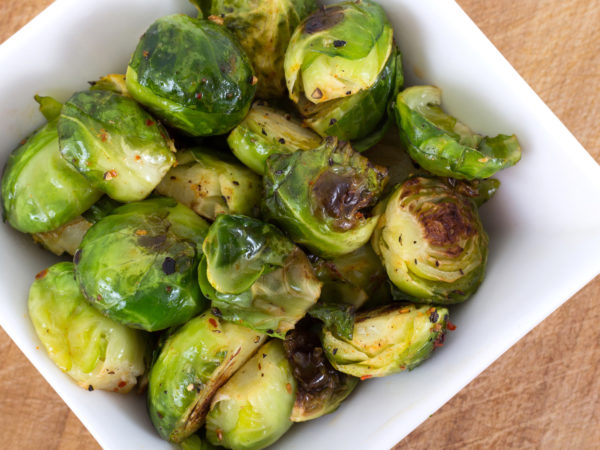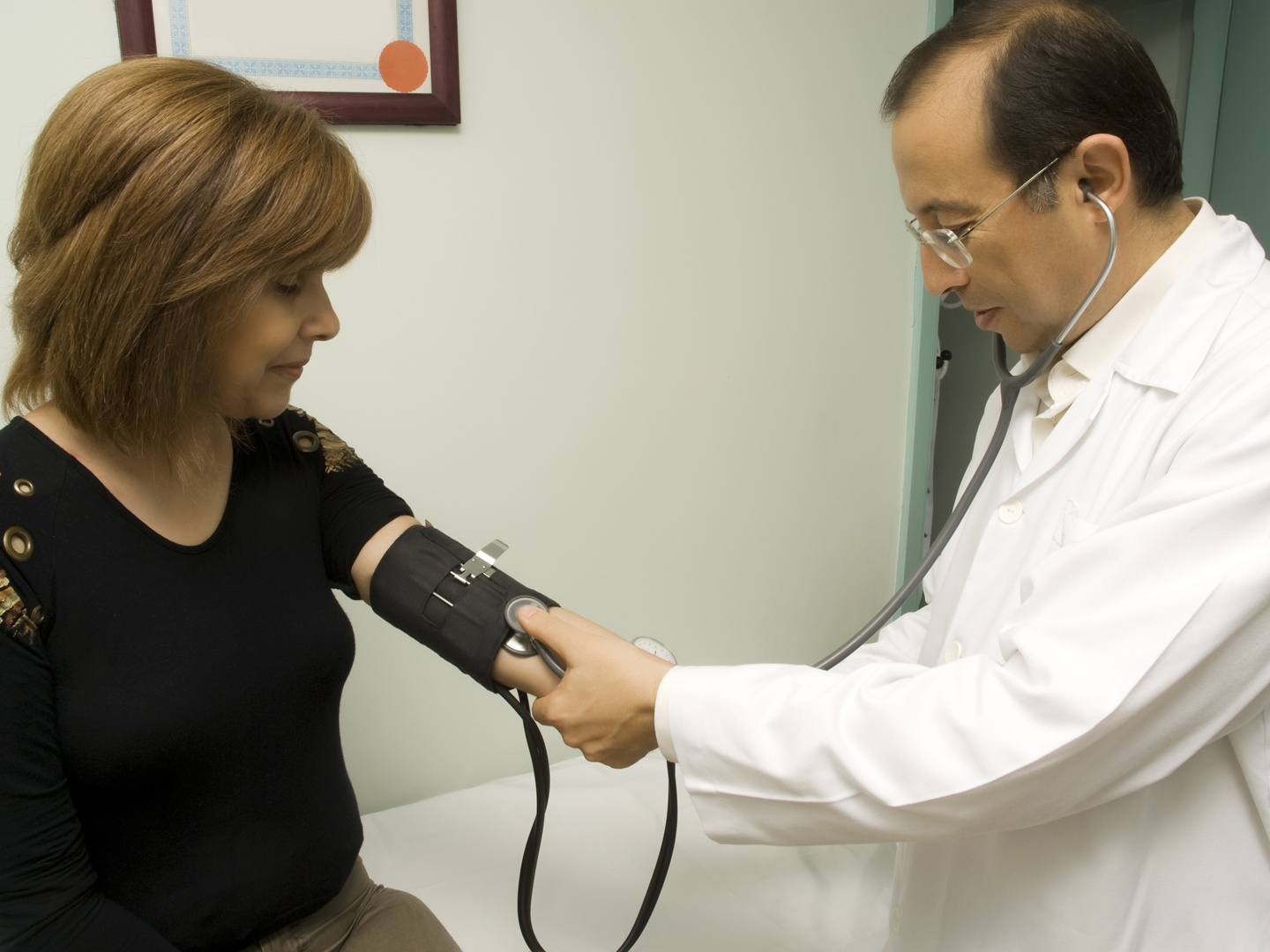Are Raw Foods a Problem for Thyroid Conditions?
I read that people who have thyroid conditions should not eat certain foods unless they’re heated or cooked, such as soy bean-based products (tofu, soy milk etc), broccoli, Brussels sprouts, cauliflower, etc.
Andrew Weil, M.D. | February 8, 2002

Updated on 4/4/2005
Some foods, especially cruciferous vegetables (cabbage, kale, Brussels sprouts, broccoli, and cauliflower), contain natural goitrogens, chemicals that cause the thyroid gland to enlarge by interfering with thyroid hormone synthesis. Cooking has been reported to inactivate this effect in Brussels sprouts. Cassava, a starchy root that is the source of tapioca, can also have this effect. Other goitrogens include corn, sweet potatoes, lima beans, and soy. Some practitioners recommend that people with hypothyroidism (an under-active thyroid gland) avoid these foods, even though most have not been proved to cause hypothyroidism in humans.
For those who have thyroid conditions excess consumption of soy can affect thyroid function, but is usually only a problem in those taking Synthroid or other thyroid replacement medication. If you are on such medication, tell your doctor how much soy you consume so your dosage can be adjusted, if necessary. You should also know that if you eat soy foods at the same time that you take thyroid hormone, they may interfere with its absorption. To be safe, do not eat soy within three hours of taking your medication. Moderate soy consumption should not be a problem – that means one serving a day of whole soy products, such as one cup of soy milk or one half cup of tofu, soy protein (tempeh), or crispy soy nuts.
Andrew Weil, M.D.
Learn more about thyroid conditions and other health-related topics by browsing Dr. Weil’s Q & A Library.


















